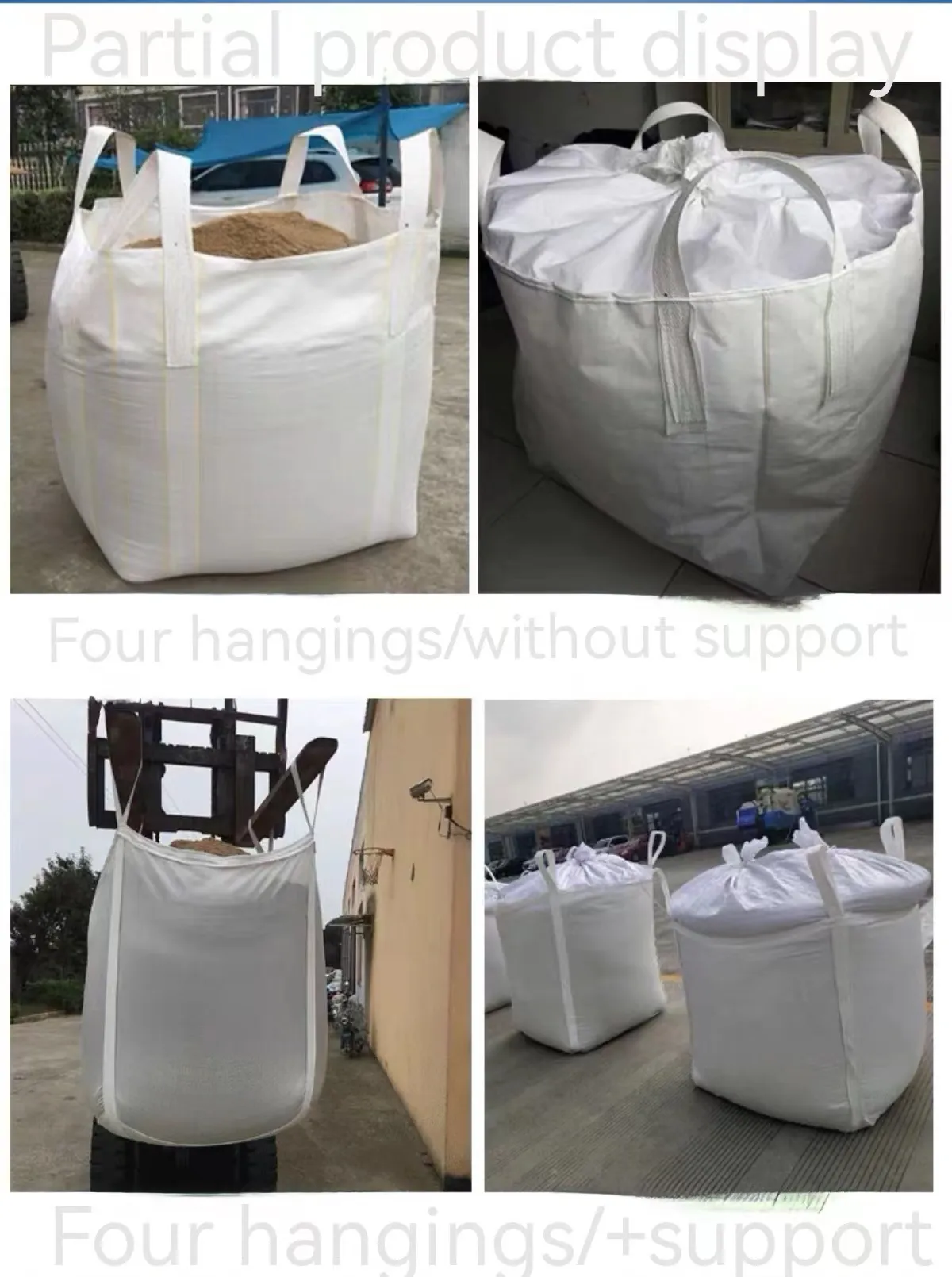Innovative Nylon Insect Mesh Solutions for Effective Pest Control and Enhanced Outdoor Comfort
The Benefits of Nylon Insect Mesh A Modern Solution for Pest Control
In the ongoing battle against pests, the development of innovative materials has been crucial in enhancing agricultural productivity and living standards. Among these materials, nylon insect mesh has emerged as a highly effective solution for pest management, combining durability and functionality in a lightweight fabric that offers a multitude of benefits. This article will explore the significance of nylon insect mesh in protecting crops, improving food safety, and providing a sustainable approach to pest control.
Understanding Nylon Insect Mesh
Nylon insect mesh is a finely woven fabric made from nylon fibers, recognized for its strength and flexibility. The mesh has small openings, typically ranging from 0.6 to 1.0 millimeter, which efficiently prevents the entry of various pests while allowing sunlight, air, and water to permeate. This essential characteristic makes nylon insect mesh an exceptional choice for gardens, greenhouses, and farms—ensuring that plants receive the essential elements for growth while remaining shielded from potential threats.
Protecting Crops
One of the most significant advantages of nylon insect mesh is its ability to protect crops from a wide range of insects, such as aphids, whiteflies, and beetles. These pests can wreak havoc on plants, leading to diminished yields and poor-quality produce. By covering crops with nylon insect mesh, farmers and gardeners create a physical barrier that deters pests from feeding on the plants. This proactive measure can drastically reduce the need for chemical pesticides, leading to a healthier ecosystem and promoting sustainable agricultural practices.
Improving Food Safety
nylon insect mesh

Food safety is becoming increasingly important as consumers demand more transparency and quality in their food sources. Nylon insect mesh plays a vital role in this context by preventing the contamination of crops. By keeping harmful insects at bay, the mesh reduces the risk of pests carrying and transmitting diseases to plants. In addition, using fewer pesticides not only ensures that food remains chemical-free but also safeguards beneficial insects and pollinators, contributing to a balanced environment.
Environmentally Friendly Pest Control
In a world increasingly focused on sustainability, nylon insect mesh stands out as an eco-friendly pest control solution. Unlike traditional chemical pest control methods, which can adversely affect non-target species and lead to the development of pesticide-resistant pests, nylon insect mesh offers a non-toxic approach. This material can be reused repeatedly, making it a cost-effective investment for farmers and gardeners alike. Moreover, it minimizes the ecological footprint of pest management, aligning agricultural practices with the principles of environmental stewardship.
Versatile Applications
Nylon insect mesh is not limited to agricultural environments; its versatility extends to residential gardening, urban farming, and even horticultural projects. Home gardeners can utilize the mesh to protect their vegetable patches, fruit trees, and ornamental plants, ensuring a bountiful harvest without relying on chemical interventions. Its lightweight and flexible nature makes it easy to install and remove, allowing for adaptability in various growing conditions and climates.
Conclusion
In summary, nylon insect mesh serves as a modern and effective solution for pest control, offering numerous advantages that contribute to healthier crops, improved food safety, and environmentally friendly practices. By adopting nylon insect mesh, farmers and gardeners can protect their plants from harmful pests while promoting sustainable agriculture. As we continue to seek ways to harmonize agricultural productivity with ecological balance, nylon insect mesh represents a significant step forward in our approach to pest management. Embracing this innovative solution can lead to a brighter and more sustainable agricultural future.
-
The Versatility of Stainless Steel Wire MeshNewsNov.01,2024
-
The Role and Types of Sun Shade SolutionsNewsNov.01,2024
-
Safeguard Your Space with Effective Bird Protection SolutionsNewsNov.01,2024
-
Protect Your Garden with Innovative Insect-Proof SolutionsNewsNov.01,2024
-
Innovative Solutions for Construction NeedsNewsNov.01,2024
-
Effective Bird Control Solutions for Every NeedNewsNov.01,2024












